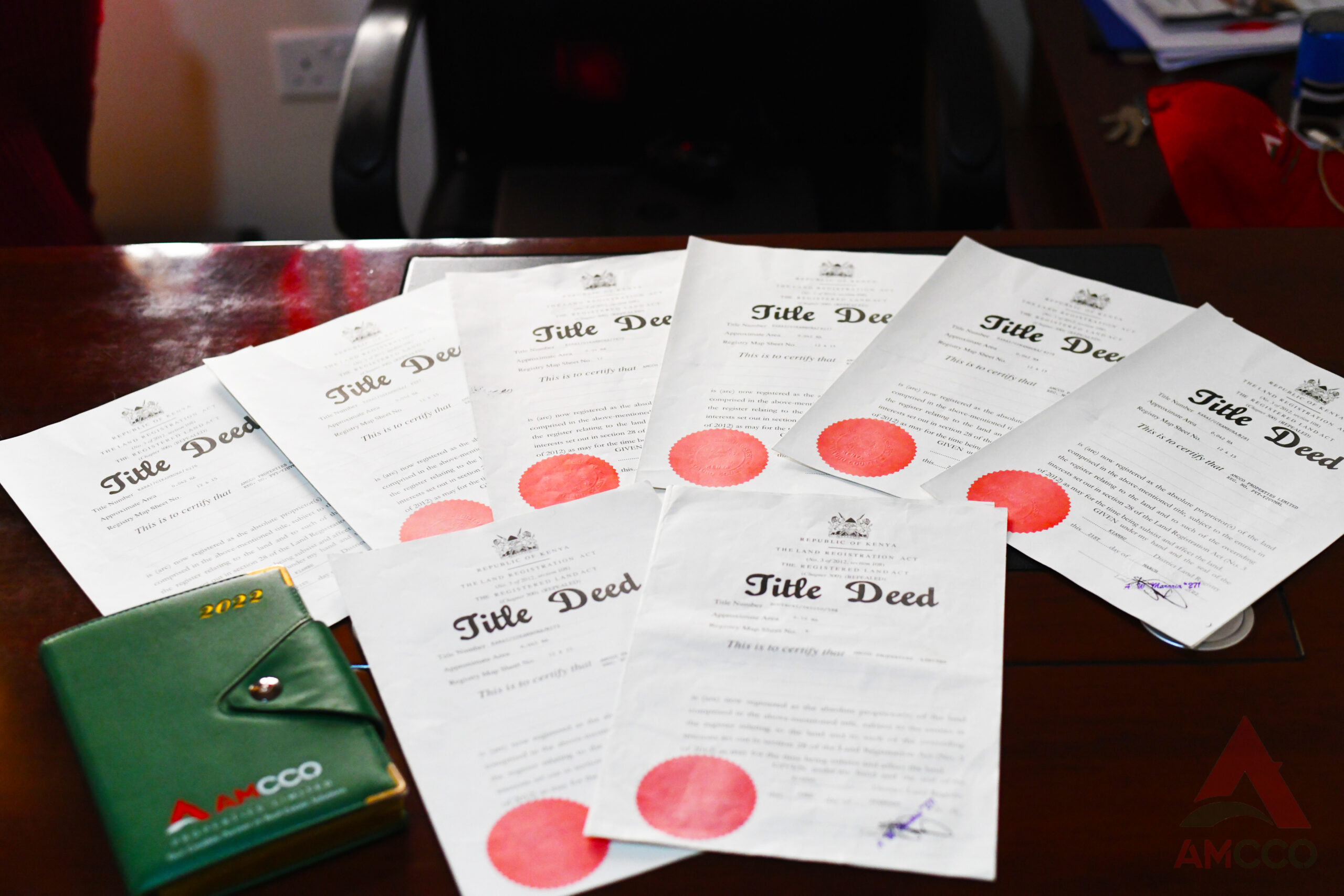
You have often heard and understood the saying, “Don’t judge a book by its cover”. Well, following the recent landmark decision of the Supreme Court of Kenya (the ‘Court’) delivered on 21st April, 2023, purchasers should bear this proverb to heart. This is because you will now be required to look at the root of the title as part of your due diligence in order to confirm that you are getting a good title. The Court held that where the process of acquiring the first title did not follow the set procedures therefore not complying with the law, such title and any succeeding title cannot be protected by the Constitution. In other words, what you see on the land title may NOT be what you get.
Brief Background of The Case
The Appellant, Dina Management Limited (‘Dina’), acquired L.R. MN/1/6053 ‘suit property’ situated in Nyali Beach, Mombasa County from Bawazir & Company (1993) Limited in September, 2017 being the third owner of that property. There was a suit HCCC. No. 131 of 2011, Elizabeth Karangari Githunguri vs Dina Management Limited (HCCC No. 131 of 2011) which the appellant asserts, settled the issues concerning the ownership and validity of title over the suit property and had conclusively addressed the issue whether there was a public road through the said property.
Dina’s grievance was that on various dates in September, 2017, County Government of Mombasa (the County Government), the 1st respondent, without prior notice forcefully entered the suit property, demolished the entire perimeter wall facing the beachfront and flattened the whole property to be at the same level as the beach. Aggrieved, Dina filed a suit at the Environment and Land Court (ELC) asserting its ownership to the suit property and sought orders of a declaration that its rights under Article 40, 27(1) & (2), 29, 47(1) & (2) of the Constitution had been violated and a permanent injunction against the County Government to restrain it from interfering with the suit property.
The ELC Court ruled in favour of the County Government and determined that: the alienation of the suit property was unprocedural and unlawful for lack of an approved Part Development Plan (PDP) in compliance with the provisions of the Land Planning Act, Cap. 303 (repealed by the Physical Planning Act Cap 286), the appellant could not be protected as an innocent purchaser without notice as it failed to demonstrate that it was diligent before purchasing the suit property, the appellant’s rights were not violated and it was not entitled to the reliefs sought.
Dissatisfied by this decision, Dina appealed to the Court of Appeal vide Civil Appeal No. 150 of 2019. The Court of Appeal affirmed the ELC position and dismissed the appeal. Dina still not relenting appealed to the Supreme Court vide Appeal dated 15th July, 2021, challenging the decision of the Court of Appeal, however the Court affirmed the judgment of the ELC in a Constitutional Petition.
The Court affirmed that it could not, on the basis of indefeasibility of title, sanction irregularities and illegalities in the allocation of public land. That it is not enough for a party to state that they have a lease or title to the property. In support of their position the Court cited the Court of Appeal case of Funzi Development Ltd & Others v County Council of Kwale Mombasa Civil Appeal No. 252 of 2005 [2014] eKLR
The Court agreed with the ELC and the Court of Appeal that as it was not disputed that indeed there was no evidence produced of the letter to the Commissioner of Lands seeking allocation of the suit property by the first registered owner, and there was no PDP, prior to allotment and before the survey was done. Therefore, the allocation of the suit property to the late H.E. Daniel T. Arap Moi was irregular. It therefore concluded that the first allocation having been irregularly obtained, the late H.E. Daniel Arap Moi had no valid legal interest which he could pass to Bawazir & Co. (1993) Ltd, who in turn could pass to Dina.
Conclusion
In conclusion, Article 40 of the Constitution of Kenya 2010 and Section 26 (1) (b) of the Land Registration Act, courts have been less sympathetic with the equitable principle of bona fide purchaser for value without notice. Therefore, due diligence as it stands now requires the intending purchaser or anyone acquiring interest in land, to do more than merely looking at the certificate of title to confirm current ownership. They are also to investigate the validity of the title and the procedure followed in acquiring the title.
Authors:
Zahra Nechesa – Partner
Nderitu Wang’ombe – Lawyer
